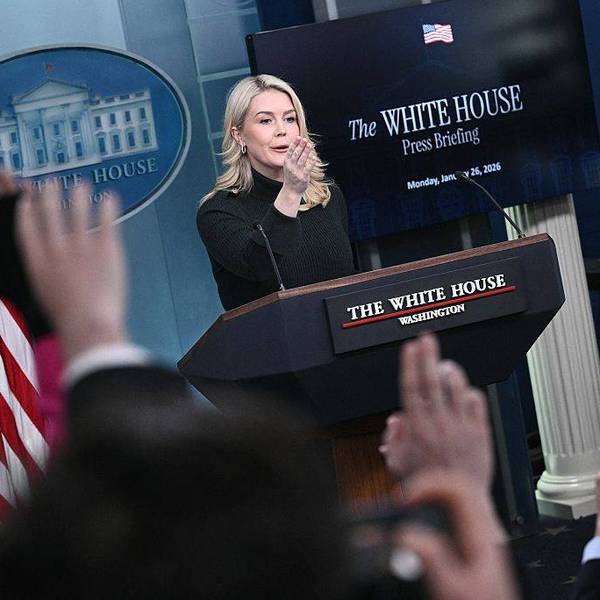Journalists expressed concerns about potential fallout from the New York Times' unveiling of its new social media policy for its employees on Friday, with some alarmed that the strict new rules could be "weaponized" against Times journalists.
Executive editor Dean Baquet released the new guidelines citing "potential risks" social media poses for the newspaper, should journalists' posts on Twitter, Facebook, and other platforms be perceived as biased.
While many reporters make clear on their Twitter biographies that their posts do not denote endorsements of viewpoints or represent the Times itself, the paper issued a new guideline stating that "Our journalists should be especially mindful of appearing to take sides on issues that the Times is seeking to cover objectively."
The new guidelines apply "everyone in every department of the newsroom, including those not involved in coverage of government and politics," and to journalists' accounts across social media, including ones for personal use.
While you may think that your Facebook page, Twitter feed, Instagram, Snapchat or other social media accounts are private zones, separate from your role at The Times, in fact everything we post or "like" online is to some degree public. And everything we do in public is likely to be associated with The Times...
Avoid joining private and "secret" groups on Facebook and other platforms that may have a partisan orientation. You should also refrain from registering for partisan events on social media.
Journalists from the Los Angeles Times and the Washington Post brought up concerns that the new rules could be used against Times employees by those eager to attack the news media in the current anti-press environment, promoted by the White House. In recent weeks the Trump administration suggested Jemele Hill should be fired from her job as a sports anchor at ESPN, after she attacked the president's ties to white supremacists.
Hamilton Nolan of Splinter News suggested the monitoring of journalists' private use of social media was an overstep by the Times.
Nick Baumann of the Huffington Post argued that the newspaper should maintain transparency in its engagement with the public--including on social media.
Meawhile, others suggested the Times's new rules are an attempt to appease more conservative readers.




